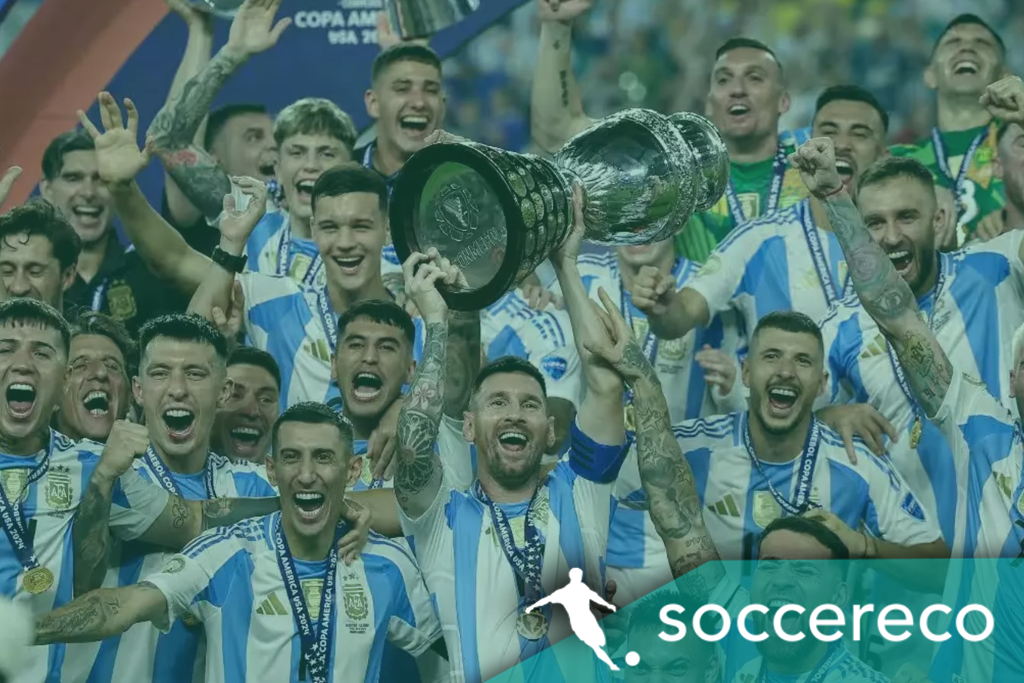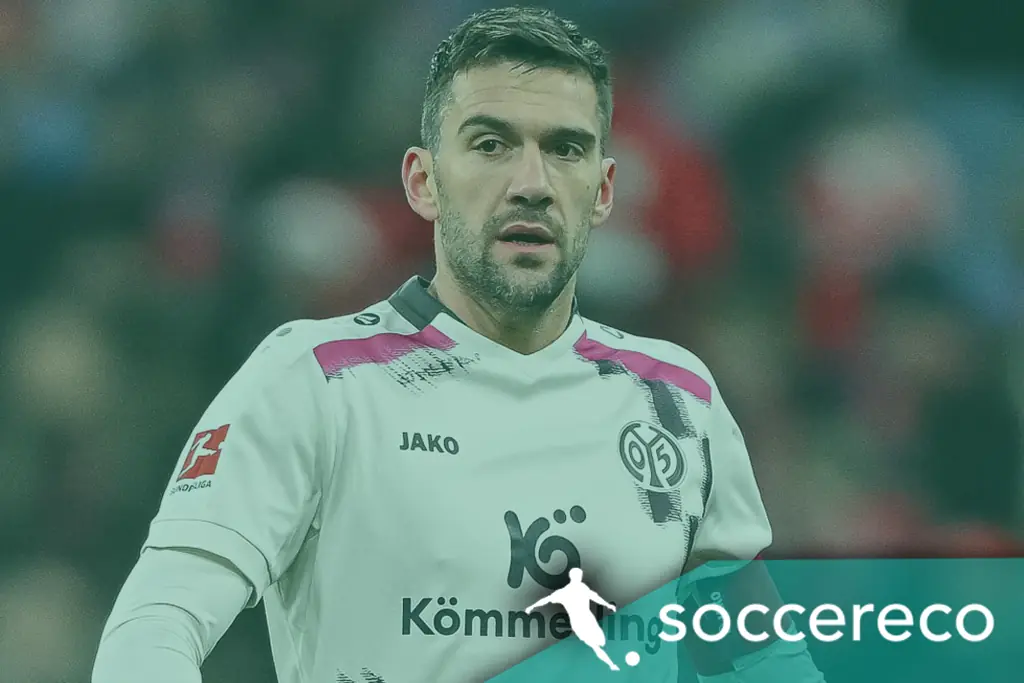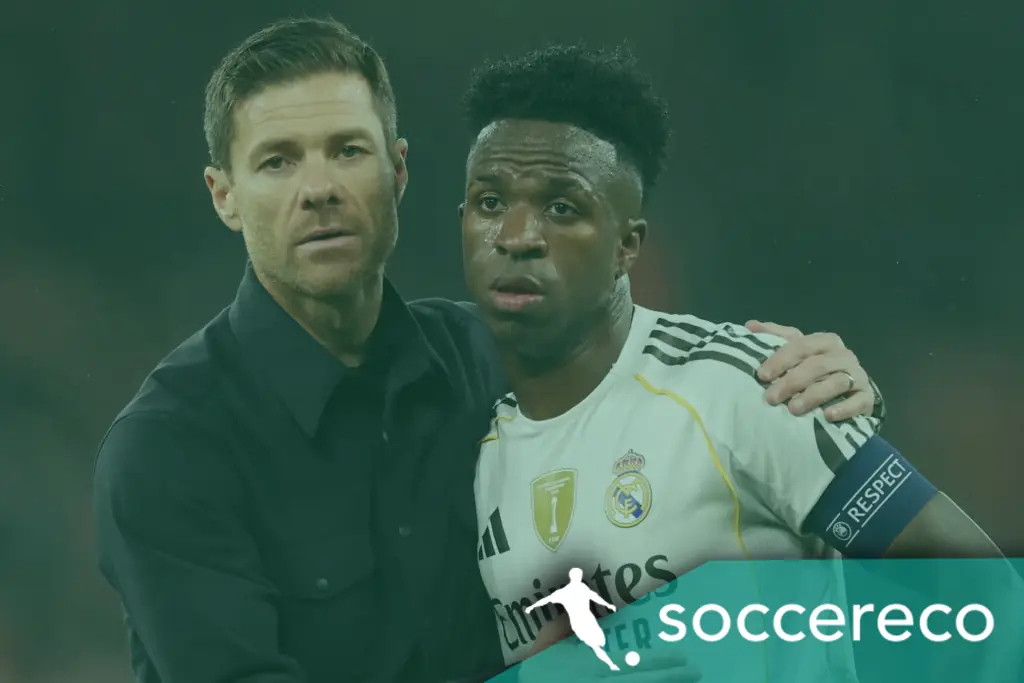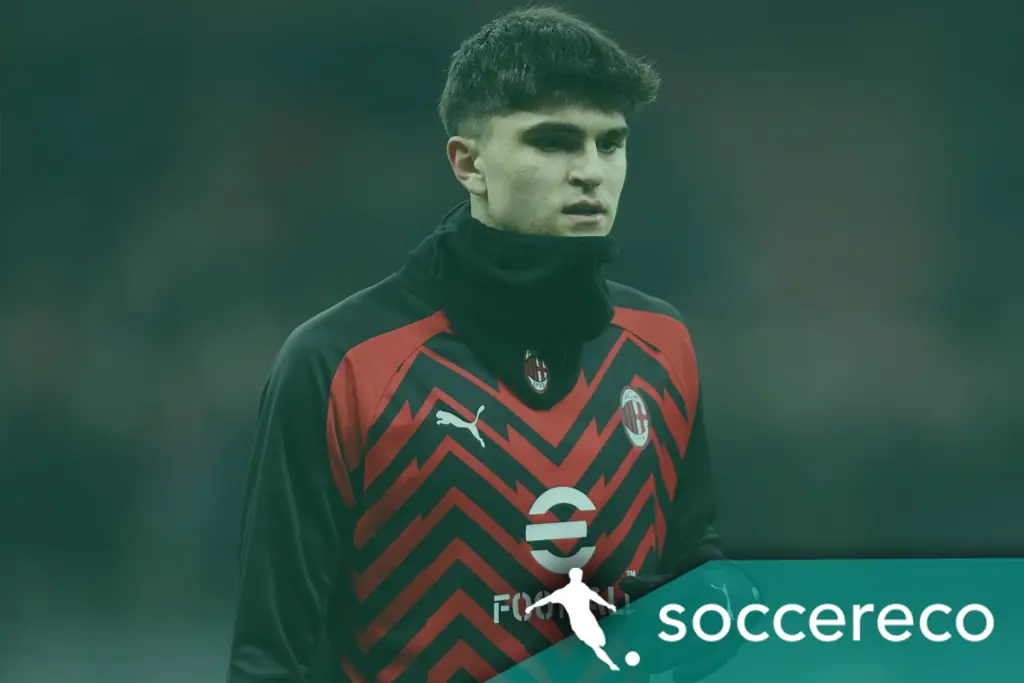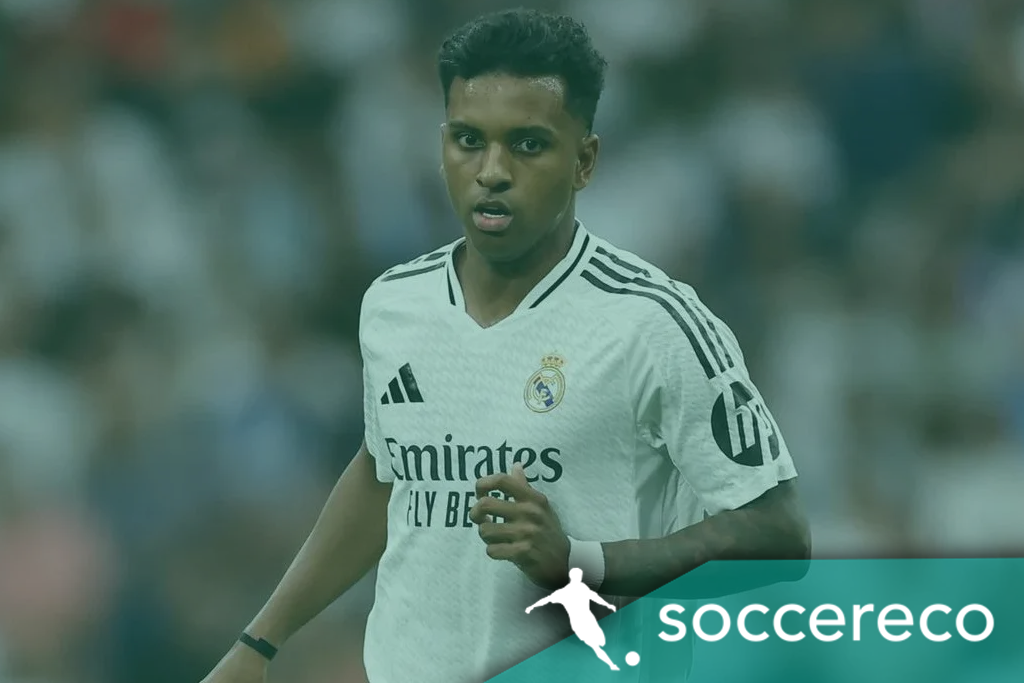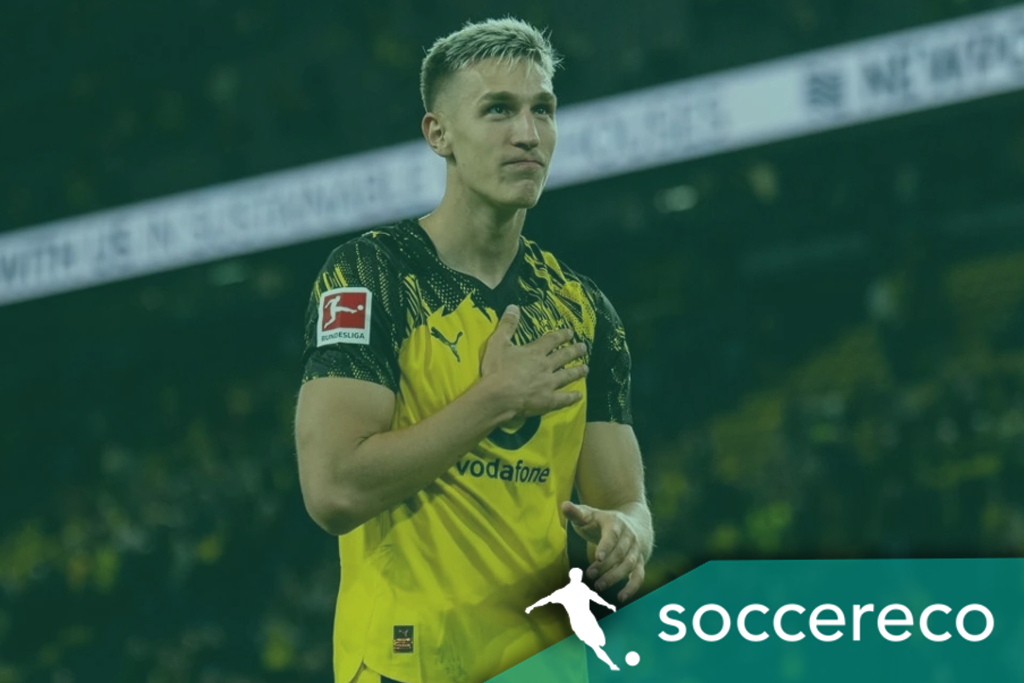Luis Enrique breathed a sigh of relief after Paris Saint-Germain's first Champions League match of the new season. Thanks to an error by Girona goalkeeper Paulo Gazzaniga, the Parisians secured a late victory.

Luis Enrique's comments after Paris Saint-Germain’s narrow victory over Girona offer a deep insight into the challenges his team faced, the respect he holds for his rivals, and his approach to nurturing young talent in the high-pressure environment of European football.
The match, PSG's first Champions League encounter of the season, proved to be far more difficult than many had anticipated. Girona, a team without the star power or resources of PSG, came into the game with a tactical plan that effectively neutralized the Parisian giants. Despite PSG controlling possession for large parts of the game, they struggled to break through Girona’s organized and disciplined defense. Enrique, who is known for his calm and methodical approach, was visibly anxious as his team found themselves frustrated and unable to play their usual dominant football.
In his post-match interview, Enrique didn’t hold back in acknowledging just how tough the game was for him and his team. He likened the emotional strain of the match to “childbirth,” a colorful metaphor to emphasize just how stressful the contest had been. Although he humorously added that he hadn’t experienced childbirth himself, he wanted to convey the intensity of his emotions throughout the game, especially with the immense pressure that comes with coaching PSG, a club with sky-high expectations.
Girona's performance was not only a testament to their ability but also a reflection of their coach, Miguel Ángel Sánchez Muñoz, better known as Míchel. Luis Enrique went out of his way to praise Míchel, not only for Girona’s performance on the day but also for the broader impact he has had in European football. Enrique's respect was evident as he explained that Girona is not a team to be underestimated. They are capable of frustrating stronger opponents, and Enrique predicted they would pick up valuable points throughout the competition. His admiration for Míchel highlights the growing competitiveness of smaller clubs like Girona, whose disciplined approach and tactical awareness allow them to punch above their weight against football powerhouses.
PSG’s path in the Champions League has been filled with pressure and expectations, as they aim to finally lift the coveted trophy after years of significant investment in star players. With talents like Kylian Mbappé in their ranks, the weight of expectations is immense, and every match, particularly in the group stages, carries enormous stakes. Dropped points can quickly lead to an early exit or a more difficult path in the knockout rounds, adding to the stress Enrique described in his post-match remarks. Every victory, no matter how hard-fought, becomes crucial for PSG as they build momentum and confidence for the later stages of the tournament.
Alongside his analysis of the match and his praise for Girona, Enrique also addressed the criticism aimed at one of his young players, Bradley Barcola. The 22-year-old forward, who had impressed during the international break while playing for France, struggled to replicate that form in the game against Girona. However, rather than criticize Barcola, Enrique defended him, emphasizing that a single poor performance does not overshadow the immense talent the young forward possesses.
Enrique’s public defense of Barcola is significant because it reflects his broader approach to managing young players. He understands that inconsistency is a natural part of the development process, particularly for players as young as Barcola, and he made it clear that his confidence in the player remains unchanged. The coach reminded everyone that Barcola is still the same player who received widespread praise just two weeks ago during his international performances, and one off day does not diminish his potential.
By publicly backing Barcola, Enrique is not only protecting his player from undue criticism but also fostering a sense of confidence and security. This is an important aspect of Enrique’s management style, as he seeks to build a team not just of established stars but also of young players who can grow and develop under his guidance. His comments about Barcola illustrate his belief in the importance of supporting young talent, even in the face of criticism, and ensuring that players are given the time and space to evolve.
This focus on youth development is particularly important for PSG’s future. While the club has long been associated with big-name signings, there has been a noticeable shift towards integrating younger players into the squad. For Enrique, this balance between star power and youth is key to building a team that can compete at the highest levels for years to come. Developing players like Barcola is essential, not only for PSG’s immediate success but also for the long-term sustainability of the club. In an era of financial fair play regulations, nurturing homegrown talent has become increasingly important for clubs like PSG, which can no longer rely solely on buying their way to success.
Luis Enrique’s post-match comments reveal a coach deeply attuned to the demands of managing a top club in Europe’s most prestigious competition. His reflections on the challenges of the match, his respect for Girona, and his defense of young players like Barcola provide a glimpse into his leadership style and the philosophy he brings to PSG. The match against Girona may have been more difficult than expected, but Enrique’s measured and thoughtful response suggests that he sees value in every challenge his team faces. Overcoming tough opponents like Girona is a necessary step in PSG’s quest for European glory, and for Enrique, it’s an opportunity to build a team capable of competing for titles while fostering a new generation of talent.
Updated: 09:44, 19 Sep 2024
